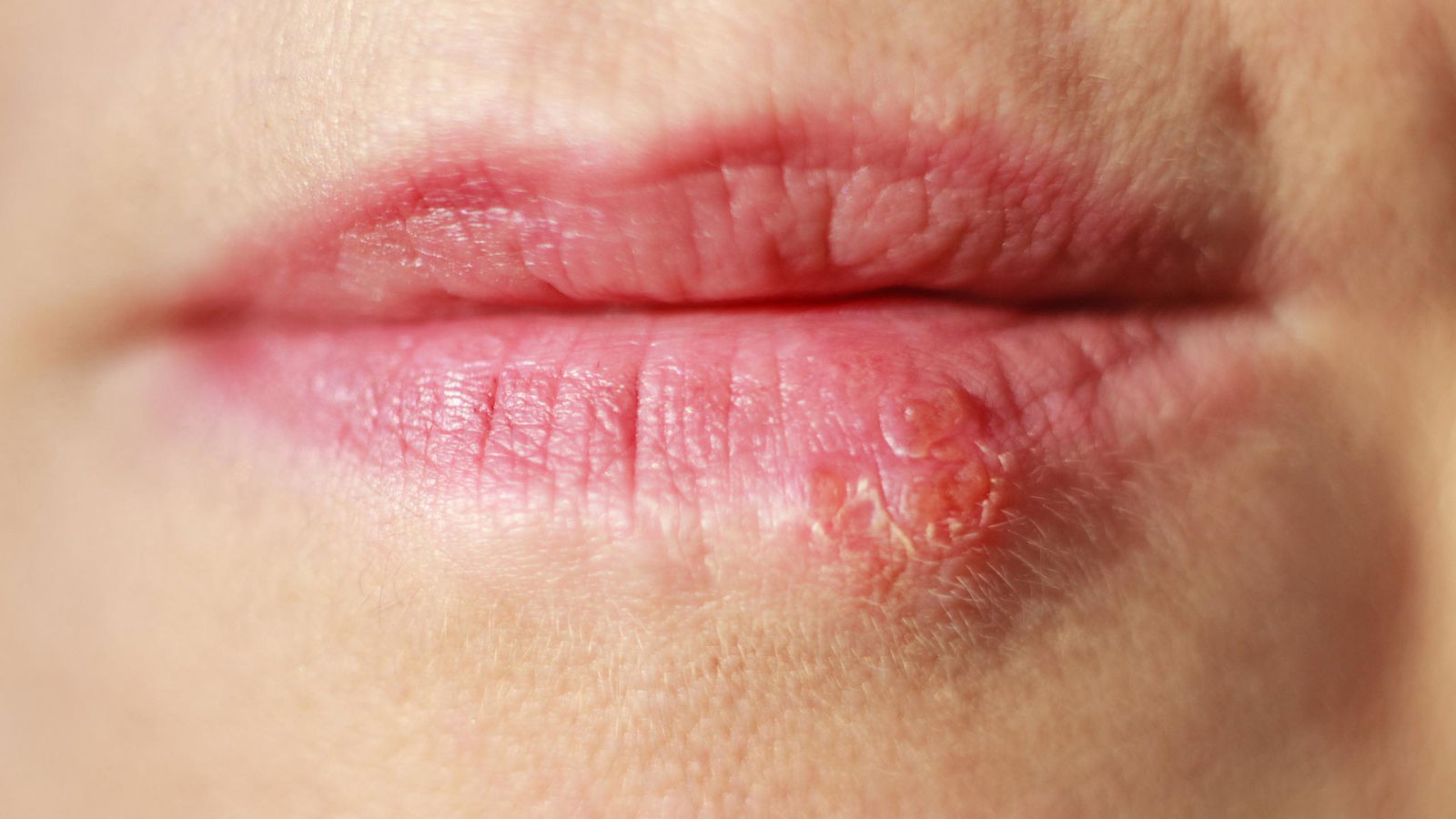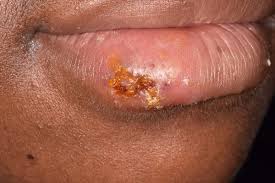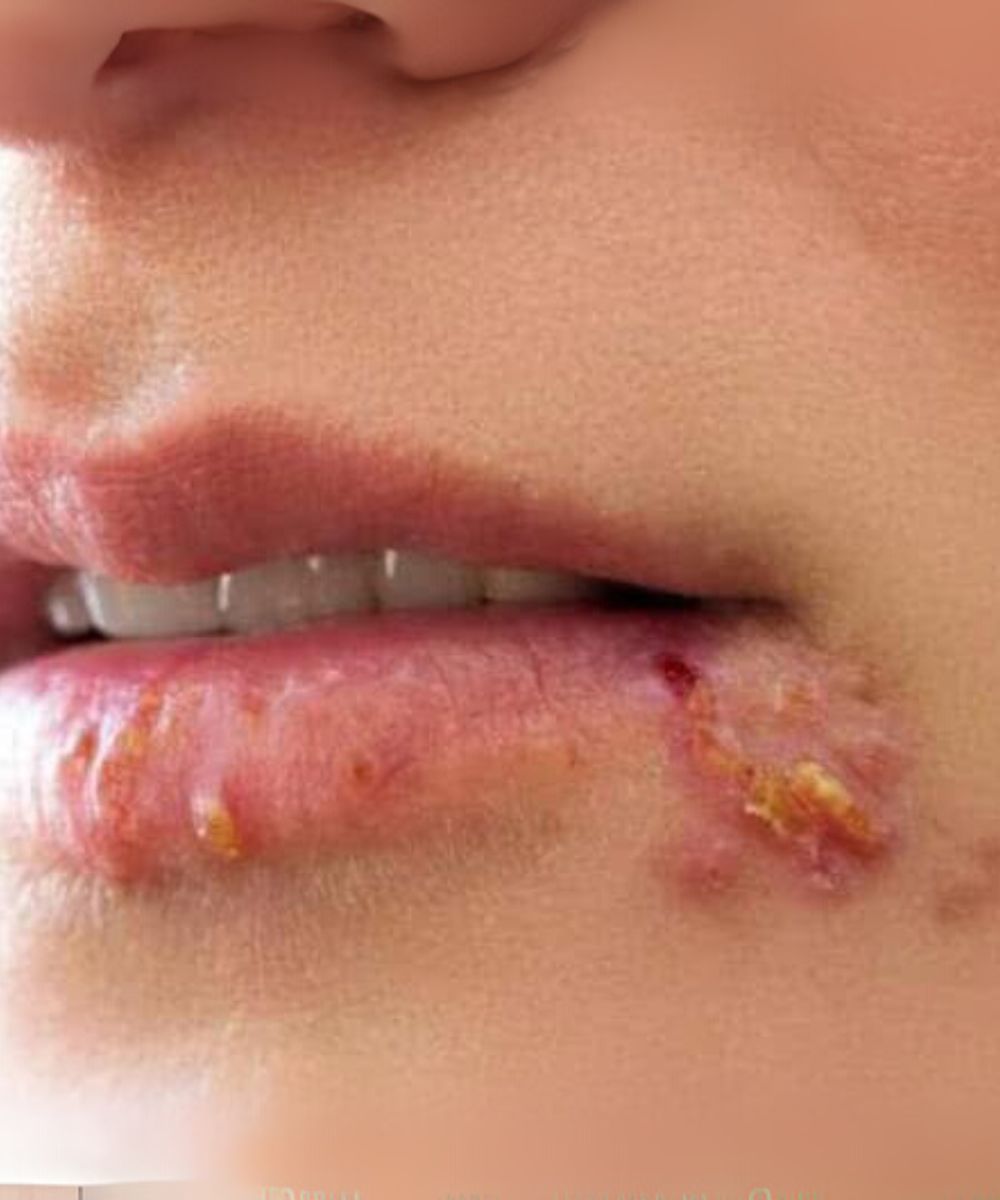
There’s no permanent cure, but treatment can help:
- Antiviral medications (like acyclovir or valacyclovir) work best if taken at the first sign
- OTC creams with docosanol or lidocaine ease pain and swelling
- Pain relievers like ibuprofen or acetaminophen help reduce discomfort
🌿 Natural Ways to Feel Better
Some natural options may soothe your skin:
- Aloe vera – helps calm irritated skin
- Lemon balm – may speed up recovery and prevent new outbreaks
- Tea tree oil – has antiviral qualities (dilute before use)
- Petroleum jelly or lip balm – keeps the sore moist and protects it
🛡️ Preventing Future Flare-Ups
To lower your risk of cold sores returning:
- Manage your stress
- Get plenty of rest
- Protect your lips with SPF when outdoors
Stay healthy with:
- A balanced diet
- Regular activity
- Good hydration
- Consistent sleep
🧼 How to Stop the Spread

Cold sores can easily be passed to others, especially when the sore is active:
- Avoid close contact (like kissing) during a flare-up
Don’t share:
- Lip products
- Drinks, food, or utensils
- Towels or napkins
- Wash hands often
- Don’t touch your face or eyes during an outbreak
🧑⚕️ When to Talk to a Doctor
You should get medical help if:
- You get outbreaks often (6+ per year)
- The sores are very painful or last longer than normal
- You notice sores near your eyes
- You have a health condition that weakens your immune system
🔬 Hope for the Future
There’s no cure yet, but research is ongoing. New treatments, vaccines, and even gene-editing technologies are being studied. Scientists are working toward better ways to prevent and treat HSV-1.
✅ Final Thoughts
Cold sores can be tough, but they’re manageable. With smart habits, early care, and help from your doctor, you can reduce outbreaks and protect those around you. Stay informed, stay prepared—and don’t hesitate to ask your healthcare provider what’s best for you.

